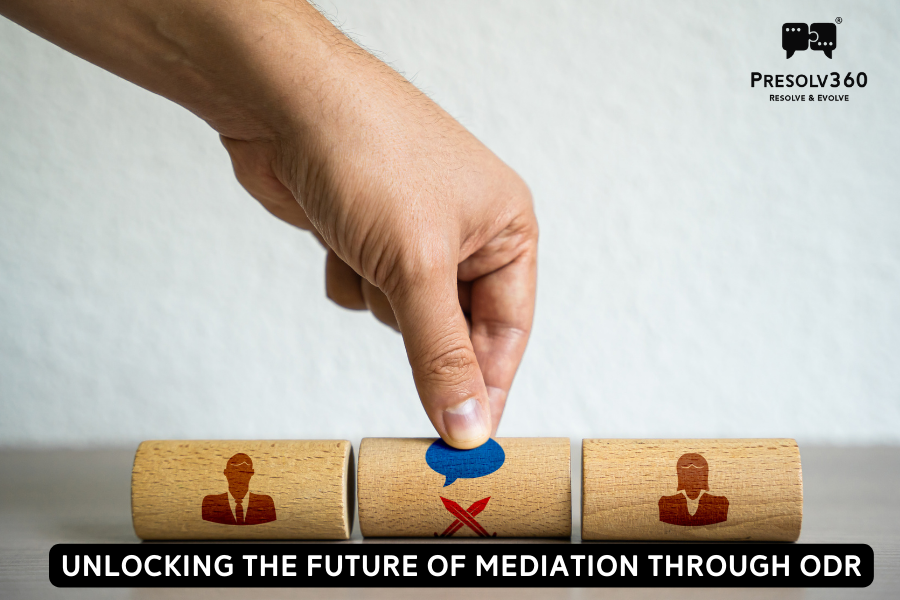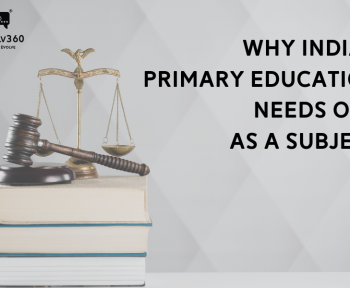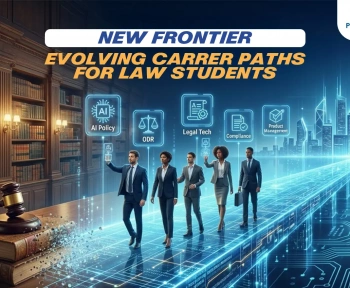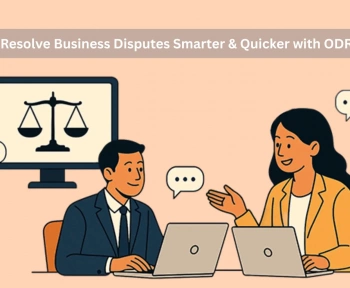Mediation, as an Alternative Dispute Resolution (ADR) mechanism, has long been lauded for its ability to resolve conflicts amicably and efficiently. Traditionally, this process happened face-to-face, in a physical setting where a neutral mediator facilitated discussions between disputing parties. However, in recent years, the landscape of mediation has experienced a paradigm shift. Technology has become an integral part of resolving disputes through mediation.
Online Dispute Resolution (ODR) has emerged as a game-changer, transforming how mediation is conducted, and making it more accessible, efficient, and convenient. Technology has helped take mediation from in-person to online, and the future holds great promise for e-mediation.
The rise of technology in mediation
The digital revolution has changed many things, including how disputes are solved through mediation. Technology has made the process easier and more convenient. One of the key developments in the field of mediation is the adoption of online platforms that facilitate communication and interaction between the parties involved. These platforms provide safe and private spaces for people to talk, share information, and reach agreements.
Advantages of ODR over traditional ADR
ODR has several advantages compared to traditional ADR:
- Accessibility: ODR has gone beyond boundaries and physical barriers. With e-mediation, people from different parts of the world can easily resolve disputes without being physically present. The parties involved can resolve disputes in comfort.
- Cost-effectiveness: In traditional ADR, there are many expenses for travel, venue, and mediator fees. However, with ODR, these costs are much lower, making e-mediation a more affordable choice for those involved in the dispute.
- Time efficiency: ODR makes mediation faster by removing the need for travel and allowing access to sessions anytime, day or night. People can talk and work things out when it suits them best, which leads to quicker resolutions.
- Enhanced communication: Online platforms have different ways to talk, like instant messaging and video calls. These tools help people in a dispute communicate better and have more organized discussions.
- Data analytics: ODR platforms can gather and study data on how disputes are resolved, how well the process is working, and how often the disputes are successful. With the help of the data, the process can be made better and more efficient.

Challenges and concerns of ODR
While the shift to ODR presents numerous advantages, it is not without its challenges and concerns. Some of the common issues include:
- Technological barriers: Some people might not know how to use technology well or have reliable internet, making it hard for them to join ODR fully.
- Privacy and security: In mediation, keeping things private is crucial. ODR platforms must make sure they have strong security to prevent theft of sensitive information.
- Impersonal nature: When people meet face-to-face, they can connect on a deeper level, understand each other better, and show more empathy. ODR might miss this personal touch, affecting how well they talk and understand each other.
- Digital divide: The digital divide is the gap between people who have access to technology and those who do not. ODR should try to close this gap so that everyone can get fair access to justice.
The next steps for ODR-driven mediation
As technology continues to evolve, so will the landscape of mediation. ODR-driven mediation holds tremendous potential to further revolutionize the dispute resolution process:
- Integrating AI and machine learning: Artificial Intelligence (AI) and Machine Learning algorithms can assist mediators by analyzing data, predicting potential roadblocks, and offering tailored solutions for each case.
- Virtual Reality (VR) mediation: VR technology can create immersive mediation experiences, simulating face-to-face interactions and enhancing communication between parties, regardless of physical location.
- Blockchain for smart contracts: Blockchain technology can facilitate the creation of smart contracts, ensuring the enforcement of agreements reached during mediation, thereby enhancing trust in the process.
- Ethical considerations: As technology becomes more involved in the mediation process, it is crucial to address ethical concerns related to data privacy, bias in AI algorithms, and the potential for technology to replace human mediators entirely.
- Combining ODR with traditional ADR: Hybrid approaches that combine elements of ODR and traditional ADR can offer the best of both worlds, leveraging technology for efficiency while preserving the personal touch of face-to-face communication where needed.
Conclusion
The way we solve disputes has changed with technology, with a shift to more ODR in place of old-school ADR. This shift has made mediation easier, cheaper, and faster for a lot of people and businesses worldwide. But we need to be careful and deal with the challenges technology brings, ensuring fairness, safety, and suitability of dispute resolution solutions. By using new technology to amplify the core principles of mediation, we can make the world better by solving conflicts and understanding each other in our changing world.




